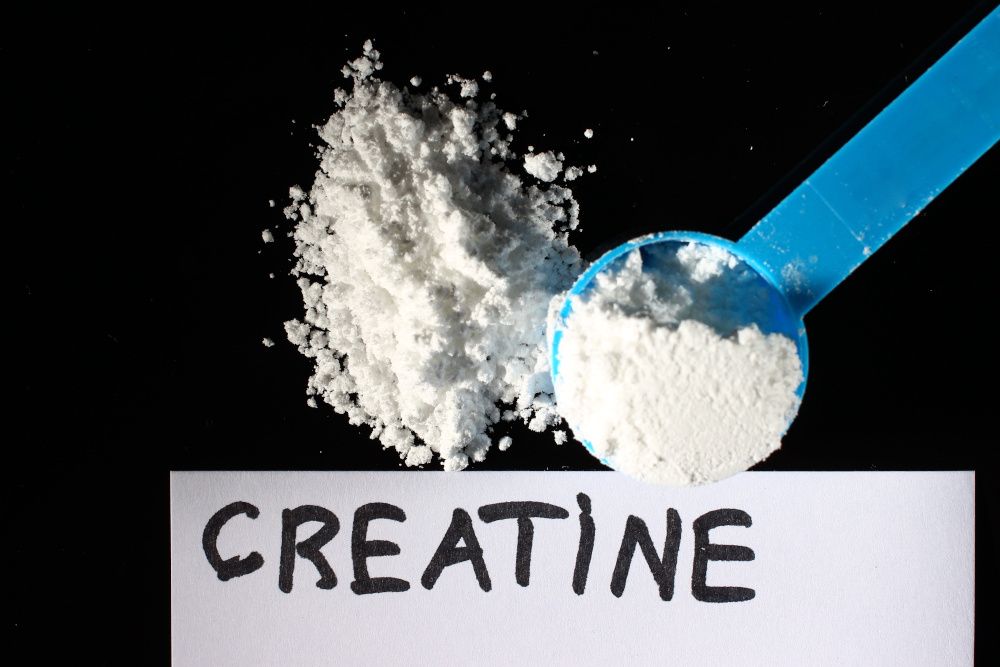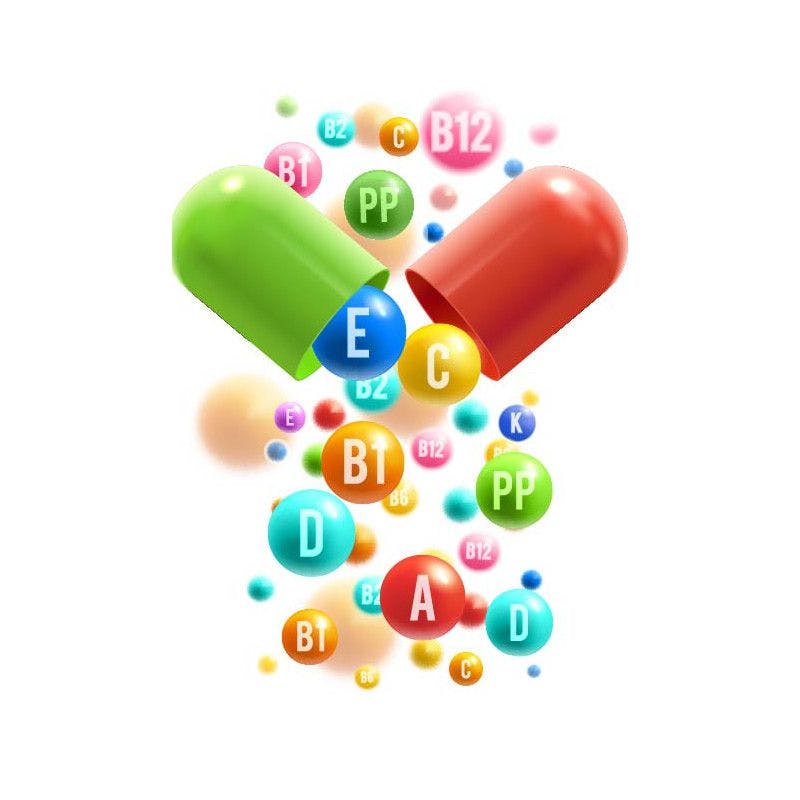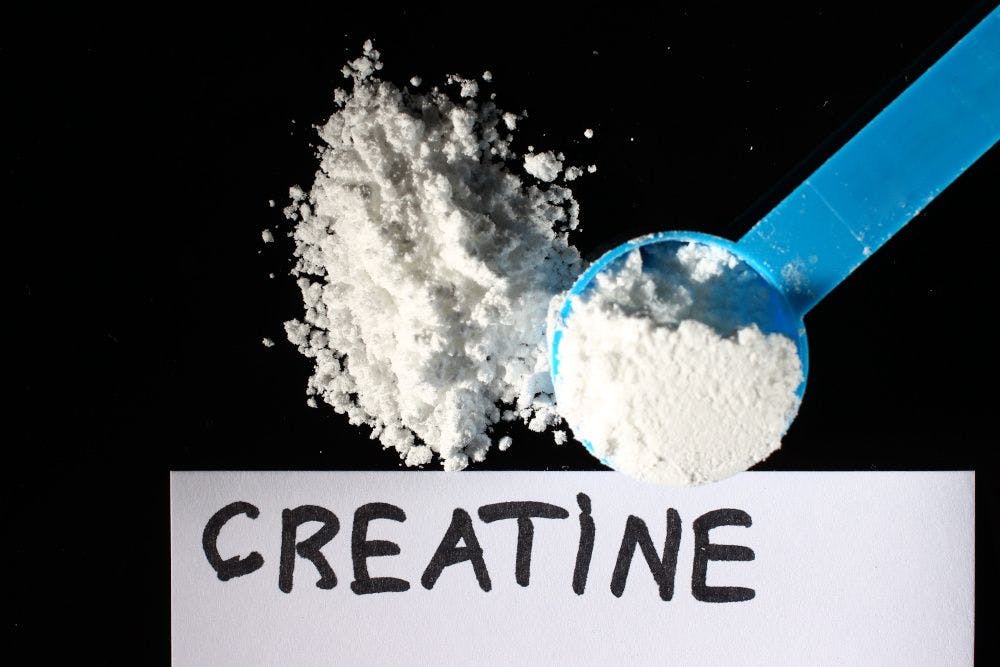Why does creatine still dominate sports nutrition?
Creatine is still going strong, with emerging research continuing to prove its benefits.
Creatine is one of the oldest and best-known sports nutrition ingredients on the market. Athletes have used creatine for years as a means of improving exercise capacity and performance, boosting muscle mass, and promoting muscle recovery. While newer ingredients have entered the sports nutrition market over the years and gained adoption among consumers, creatine’s market has remained relatively stable and has even advanced. Data from market researcher SPINS show that creatine sales in 2022 experienced a 120% increase compared to 2021, reaching over $35 million in U.S. sales. Here are some of the factors keeping creatine strong in sports nutrition.
Creatine Endures as a Science-Backed Ingredient
Creatine remains popular as an exercise supplement thanks to years of robust research on its benefits. Creatine is not only widely available but has a long history of use with minimal side effects, says Rachel Kreider, vice president of product innnovation and science at GNC.
Creatine has a significant amount of research to support its efficacy on many sports nutrition endpoints. “The benefits of creatine are broad and include enhanced force and power output, increased strength and anaerobic threshold, and improved workout capacity,” Kreider explains. “Creatine can also have benefits for recovery and help consumers to achieve greater training adaptations.”
One of the little-known benefits of creatine is its antioxidant effect, Kreider says, which may contribute to its recovery, brain health, and heart health benefits. She notes that consumers are still pursuing creatine as both a standalone ingredient and as part of product blends.
Research on Creatine Maintains Momentum
Research on creatine is still going strong, with new applications undergoing study on a continuing basis. Creatine is being investigated for applications like blood sugar management and brain function, says Scott Dicker, market insights director at SPINS. While more research is needed in these areas to confirm any initial findings, Dicker says early studies have found benefits.
Researchers are examining alternative forms of creatine to determine use cases and benefits, Kreider adds. While creatine monohydrate and creatine hydrochloride are the most common forms of creatine on the market, they aren’t the only forms being studied. Furthermore, Kreider explains, researchers are studying creatine’s benefits in other populations beyond just athletes.
New Studies Confirm Creatine’s Benefits
Studies continue to examine creatine in a variety of applications—perhaps most notably brain health. One 2023 meta-analysis of eight randomized clinical trials examined the effects of creatine on memory performance in healthy adults. The meta-analysis found that memory performance improved after creatine supplementation; a subgroup analysis found that older adults saw the greatest memory benefits from creatine use. The meta-analysis authors claim creatine may improve memory by elevating ATP levels in the brain and stimulating mitochondrial activity in the hippocampus.1
Other research has not only confirmed creatine’s benefits on measures of athleticism but also uncovered findings regarding the timing of its use. One 2022 literature review examined four studies that assessed the efficacy of taking creatine either immediately before or immediately after resistance training. The literature review found that ingesting creatine before exercise has similar effects as ingesting it after exercise; thus, the effects of creatine were not found to be time-sensitive.2
Another 2022 double-blinded trial examined the effects of creatine use on power and speed in 16 male sprinters aged 19 to 30. The subjects were randomly assigned to receive either 1) 75 mg/kg of glucose dissolved in orange juice, or 2) 1 g of glucose plus 75 mg/kg of creatine hydrate, four times per day for five days. On baseline and on day six, the subjects performed submaximal and maximal oxygen intake sprint tests as well as speed lactate tests and a repeated sprint test. The study found that creatine supplementation caused an increase in power output during sprinting. Creatine supplementation also resulted in an increase in mean speed and a reduction in fatigue.3
Creatine Set to Dominate Sports Nutrition
Creatine is already a high-performing sports nutrition ingredient. Consumer familiarity and a strong rooting in research are fueling unprecedented creatine sales, making creatine one of the top-performing sports nutrition ingredients on the market. As creatine continues to grow and the sports nutrition category blossoms once again, expect further research to open up new applications and help to refine creatine’s role as a workout supplement.
References
- Prokopidis, K.; Giannos, P.; Triantafyllidis, K.K.; et al. Effects of creatine supplementation on memory in healthy individuals: a systematic review and meta-analysis of randomized controlled trials. Nutr Rev. 2023, 81 (4), 416-427. DOI: 10.1093/nutrit/nuac064
- Candow D.G.; Forbes, S.C.; Roberts, M.D.; et al. Creatine o’clock: Does timing of ingestion really influence muscle mass and performance? Front Sports Act Living. Published May 20, 2022. DOI: 10.3389/fspor.2022.893714
- Bogdanis, G.C.; Nevill, M.E.; Aphamis, G.; et al. Effects of oral creatine supplementation on power output during repeated treadmill sprinting. Nutrients. 2022, 14 (6), 1140. DOI: 10.3390/nu14061140















